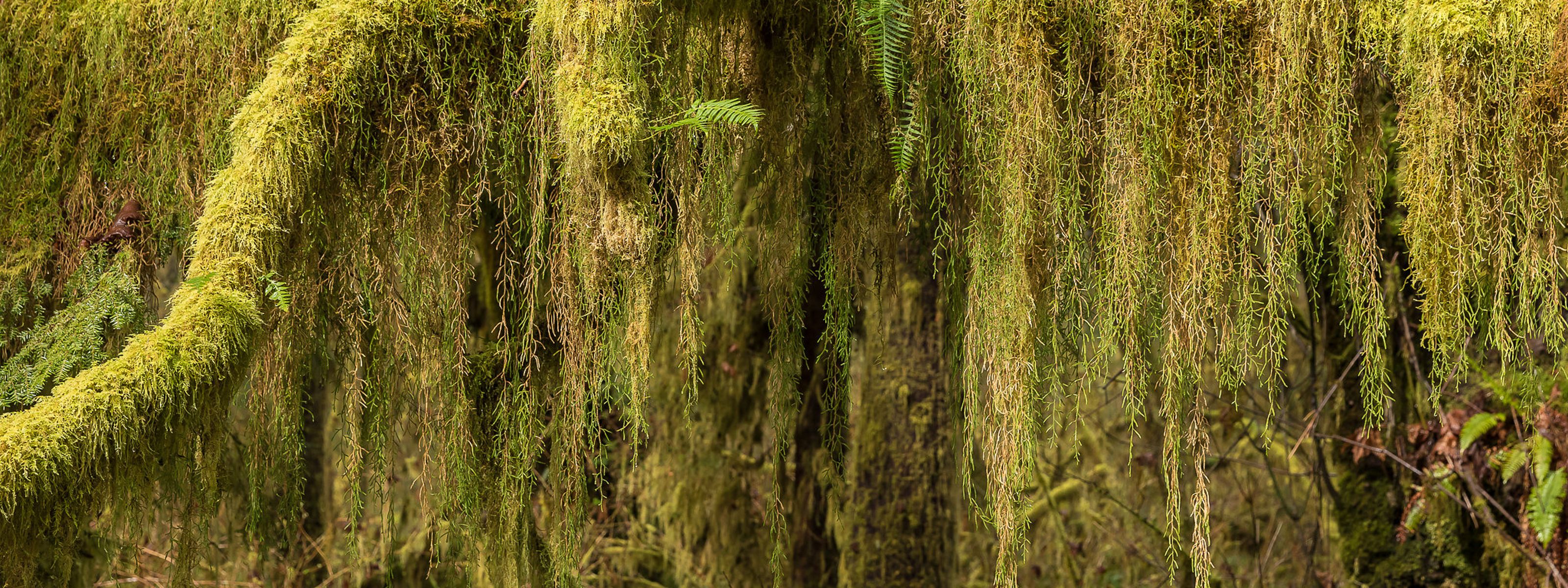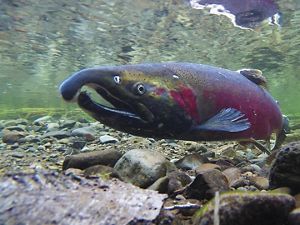Paul Jewell defied conventional expectations as he transitioned from working at a nearly 130-year-old family furniture business in Ellensburg, Washington, where he warmly welcomed customers as lifelong friends and helped them improve their homes. Today, as the senior policy director of land use, water and natural resources for the Washington State Association of Counties, he undertakes the crucial task of protecting the environment—the collective home for millions of people.
A self-described career “unicorn,” Paul worked his way from the sales floor to becoming the furniture firm’s partner and finally as a public service leader, despite having had no previous government experience. He was elected Kittitas County commissioner in 2008, a role he held for a decade.
“The ‘aha’ moment for me was moving from the private sector to local government and seeing the power of local government to shape people’s lives on a regular basis,” Paul said. “I understood how big of a responsibility it is but also how interesting the work was, and I enjoyed every moment.”

Paul approaches his work with fun and humor while maintaining a genuine appreciation for the impact he has on the lives of his constituents. Born and raised in a close-knit community as the son of a former U.S. Marine and Vietnam War veteran, Paul’s upbringing instilled a sense of sacrifice and duty to serve others. He believes that sharing knowledge is the most critical responsibility of every elected official. Paul takes his job seriously and keeps citizens informed of the issues within their community and the solutions for them. He brings this commitment to his role as a trustee for The Nature Conservancy (TNC) in Washington.
Paul became a trustee for TNC in Washington after leaving public office. While a commissioner, he worked with the organization on projects within the Yakima Basin Integrated Plan to protect the Yakima River. The river is home to Indigenous tribes, key wildlife species, outdoor sports enthusiasts, as well as wineries and breweries. One of the major projects including creating the Teanaway Community Forest—the “crown jewel” of Kittitas County and Washington’s first state-owned community forest. In a community forest, community members, including municipalities, Tribal Nations and nonprofits, develop land management plans to preserve the landmark for future generations.
“It’s a community,” he said of working with TNC. “I was already interacting with [TNC’s] policy staff, coordinating advocacy efforts and policy proposals, so I knew that our values are aligned.” One of these shared values is creating consensus among stakeholders to pass good policies for people and the planet.
“You can’t shop around for a better government,” Paul said. “You must work with others to get things done through cooperation and collaboration, not bullishly change things. The only way to get what you want in life is to help others get what they want, because that's when you get a durable, sustainable solution that works in the public’s best interests.”
Because of the local government’s proximity to the community it serves, Paul believes that it provides critical services more effectively with the resources at hand. The Taylor Bridge Fire of 2012 was a critical moment that proved the power of small, local government to act swiftly and deploy help. Despite warnings about dry conditions and strong winds, construction workers decided to weld in the August heat. They sparked a fire that moved up to 14 miles an hour. By the time firefighters contained it, the Taylor Bridge Fire claimed 62 homes. The mistake, coupled with climate change-driven heat, displaced people and animals. Paul had to work with many others to scramble to action just as the community was readying its fairgrounds to host the annual Ellensburg Rodeo, home to one of the top 10 rodeo events in the U.S.
“We had a supply stock for mass evacuations and set up our fairgrounds as an evacuation site and temporary housing for various livestock,” Paul said about the ensuing chaos. “We had an army of volunteers providing 24-hour feeding and care for chickens, geese, horses, cows, dogs, cats and llamas.”
After this experience, Paul helped to ensure Kittitas County was the first in the state to adopt new construction and material codes in fire-prone areas. Even though some people were not happy about increased construction costs, the new regulations helped to protect homes in fire-prone areas.

Paul became a policy director for the Washington State Association of Counties in 2018, leading the nonprofit organization representing 39 counties and more than 140 elected officials working together to pass helpful legislation. During the legislative session, Paul and his peers lobby the state legislature directly to influence positive environmental policy, and he directs training courses to educate both members of his organization on best practices on conservation policy. His days are a whirlwind of meeting members and legislators, hearing them and working to meet their needs.
Similarly, Paul encourages his fellow board members at The Nature Conservancy in Washington to stay open-minded to the needs of its stakeholders.
“To develop good policies, you have to come to the table with an open mind, a willingness to listen and try to solve each other's problems,” he said. “I make sure that TNC considers the local government perspective and the rural resident perspective, including how land preservation projects affect the people who live on it.”
Beyond his professional life, Paul loves to travel, explore and adventure with his family. In nature, Paul appreciates the delicate balance and communication between the elements that create a harmonious ecosystem. He believes it is the vital force behind successful environmental initiatives.
In his free time, he can be found trekking or biking up to 30 miles in the wilderness, disconnecting from the demands of his work and reconnecting with nature. Just don’t ask him to tell you his favorite spot to pick huckleberries.
We Can’t Save Nature Without You
Sign up to receive monthly conservation news and updates from Washington. Get a preview of Washington's Nature News email.




